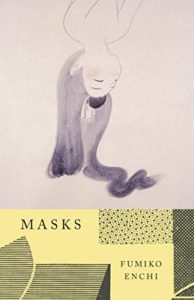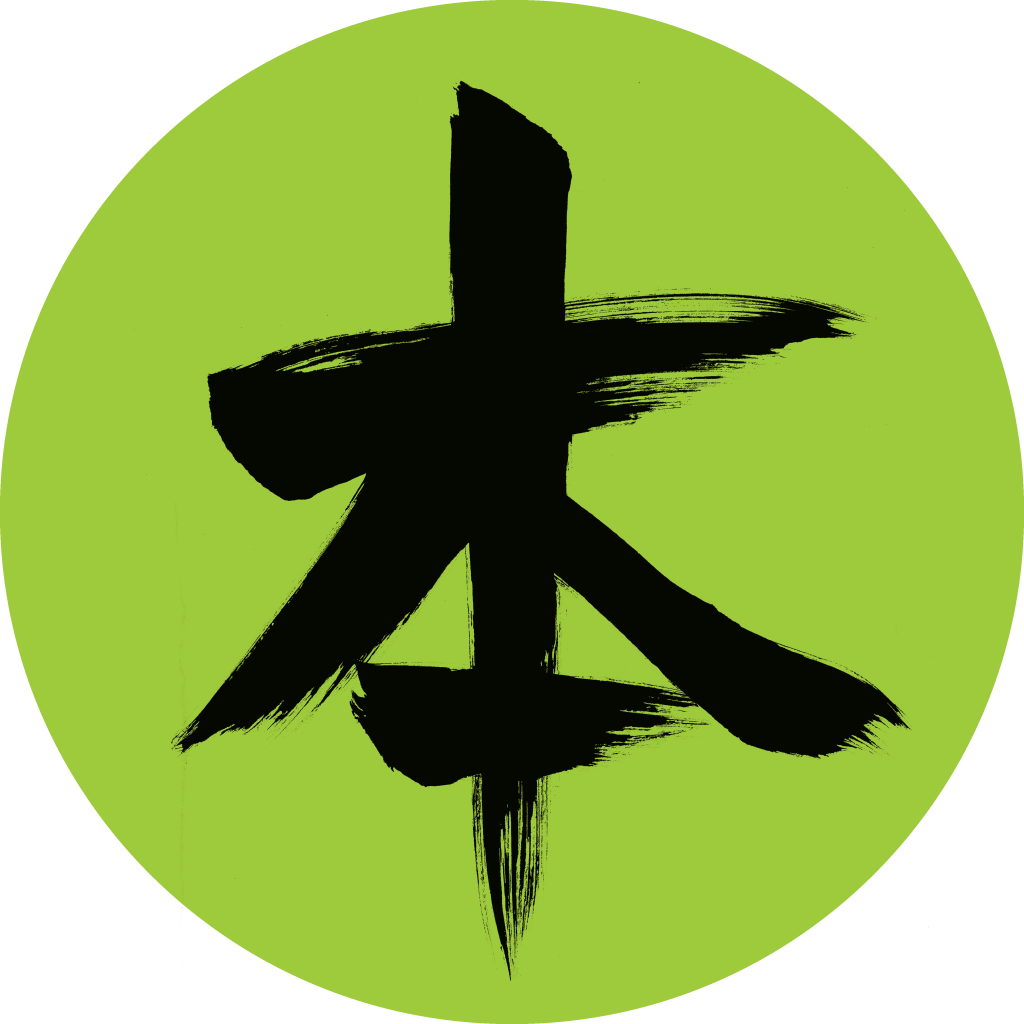

Support BOA by ordering Masks through these links:
Thanks for helping support Books on Asia!

Synopsis: Following the death of her son, Mieko Toganō takes an increasing interest in the personal affairs of her widowed daughter-in-law, Yasuko. Devastated by her loss, she skillfully manipulates the relationships between Yasuko and the two men who are in love with her, encouraging a dalliance that will have terrible consequences. Meanwhile, hidden in the shadows, is Mieko’s mentally-handicapped daughter, who has her own role to play in her mother’s bizarre schemes.
“A subtle examination of universal female behavior.” —People
“[Enchi’s] allusions to the masks of Nō plays and to the classic The Tale of Genji, the brilliant way she layers and interweaves the ancient, the more recent past and the present are haunting and rich. A fictional enchantment.” —Publishers Weekly
Excerpt from Chapter 1
Tsuneo Ibuki and Toyoki Mikamé sat facing one another in a booth in a coffee shop on the second floor of Kyoto Station.
Between them on the narrow imitation-wood table top were a vase holding a single white chrysanthemum and an ashtray piled high with cigarette butts, suggesting that the two men had been in conversation for some time. Both had been in western Japan on business during the past several days and they had met by chance when Mikamé stepped inside the coffee shop earlier. Friends since college days, they had greeted one another with the throaty grunts that passed for hellos between them; then Mikamé had dropped down heavily across from Ibuki, who was seated alone, drinking a cup of coffee.
“When did you get here?” Ibuki asked quietly, his words accompanied by a nervous blink. Beneath the corners of his eyes the cheekbones stood out sharply; his cheeks were gaunt and hollow. An aquiline nose saved his face from being unrefined, and his bony, large-knuckled fingers were elegantly long and thin.
Ibuki’s familiar mild voice, his cigarette balanced just so between two slender fingertips oppressed Mikamé in a way that, as usual, he found curiously agreeable — like being confronted by a woman who was at once both cruel and beautiful.
“There was a medical conference in Osaka. I left Tokyo on the second. What about you?”
“I’ve been here a week, doing a lecture series for S. University. Just finished yesterday. I’m staying here at the station hotel.”
“Are you? I couldn’t have run into you at a better time. I have a ticket back to Tokyo on the train tonight. I stopped in Kyoto for the fun of it, then couldn’t decide what to do next.”
“Good timing,” said Ibuki. “Right now I’m waiting for somebody. She should be here at two. Somebody you know.”
“Who?”
“Mieko Toganō.”
“She’s in Kyoto now too?”
“Yes, Kōetsu Temple put up the stone engraving of a poem by Junryo Kawabé, and she came for the unveiling.”
“Kawabē…is she one of his circle?”
“Oh, yes; they both belong to this Clear Stream school of poetry, you know.” Ibuki looked away and slowly flicked an ash from the end of his cigarette. “Yasuko is with her.”
“Oh?” Mikamé was impassive. “Where are they staying?”
Yasuko was the widow of Mieko Toganō’s late son, Akio. Their marriage had lasted barely a year before Akio was killed suddenly in an avalanche on Mount Fuji. After the funeral, Yasuko had not gone back to her parents but had remained in the Toganō family, helping her mother-in-law edit a poetry magazine and auditing Ibuki’s classes in Japanese literature at the university where he was assistant professor. She was also involved in a detailed study of spirit possession in the Heian era, a continuation of research that Akio had left unfinished. Ibuki and others supposed she had chosen this as a way of staying close to her husband’s memory.
Ibuki had been Akio’s senior in the department by several years and had known him fairly well, both men being specialists in Heian literature; his acquaintance with Yasuko and Mieko, on the other hand, had not developed until after Akio’s death, when he had been called on to advise Yasuko in her research. Mikamé was also engaged in the study of spirit possession, although his approach was rather different. Holder of a doctorate in psychology, he was in addition an amateur of folklore studies. Having studied devil position in postbiblical Europe and the Near East, he had gone on to publish several historical surveys of Japanese folk beliefs, including belief in possession by fox spirits along the coast of the Japan Sea, by dog spirits in Shikoku, and by snake spirits in Kyushu. Of late, he too had taken an interest in the possessive spirits that cropped up in Heian literature (malign phantoms of the living or dead that forcibly took possession of others), and through Ibuki he had come to know Mieko and Yasuko. Together with some others whose interests were similar, they had formed a discussion group which met every month or two at the Toganō home.
The group tended naturally to revolve around Yasuko, but behind Yasuko was always Mieko Toganō, lending to the gatherings by her mere presence an old-fashioned easiness and grace. Yasuko was at all times charming, sparkling with intelligence as well as beauty, yet to Ibuki it was clear that her vitality depended absolutely on the serene composure of Mieko’s silent, seated figure.
In any case, Mikamé seemed highly pleased to hear that Yasuko and Mieko were also in Kyoto.
“They’re at the Camellia House on Fuya Street,” said Ibuki. “This afternoon Mieko is going to call on Yorihito Yakushiji, the Nō master. He’s showing some of his old masks and costumes, and she’s invited me along.”
About the Author: Fumiko Enchi (円地 文子 1905 – 1986) is the penname of Fumiko Ueda, on of the most prominent Japanese women writers of Japan’s Showa period (1926–1989). Enchi was honored a Person of Cultural Merit in 1979, and was awarded the Order of Culture by the Japanese government in 1985.
About the Translator: Juliet Winters Carpenter is a professor of English literature at Doshisha Women’s College of Liberal Arts and one of the foremost translators of Japanese literature working today. Her translations include Kobo Abe’s “Beyond the Curve,” Fumiko Enchi’s “Masks,” Ryotaro Shiba’s “The Last Shogun,” Jun’ichi Watanabe’s “A Lost Paradise,” and Machi Tawara’s “Salad Anniversary.” See Hon Podcast 03: Juliet Winters Carpenter Talks About Translating Japanese Literature.
